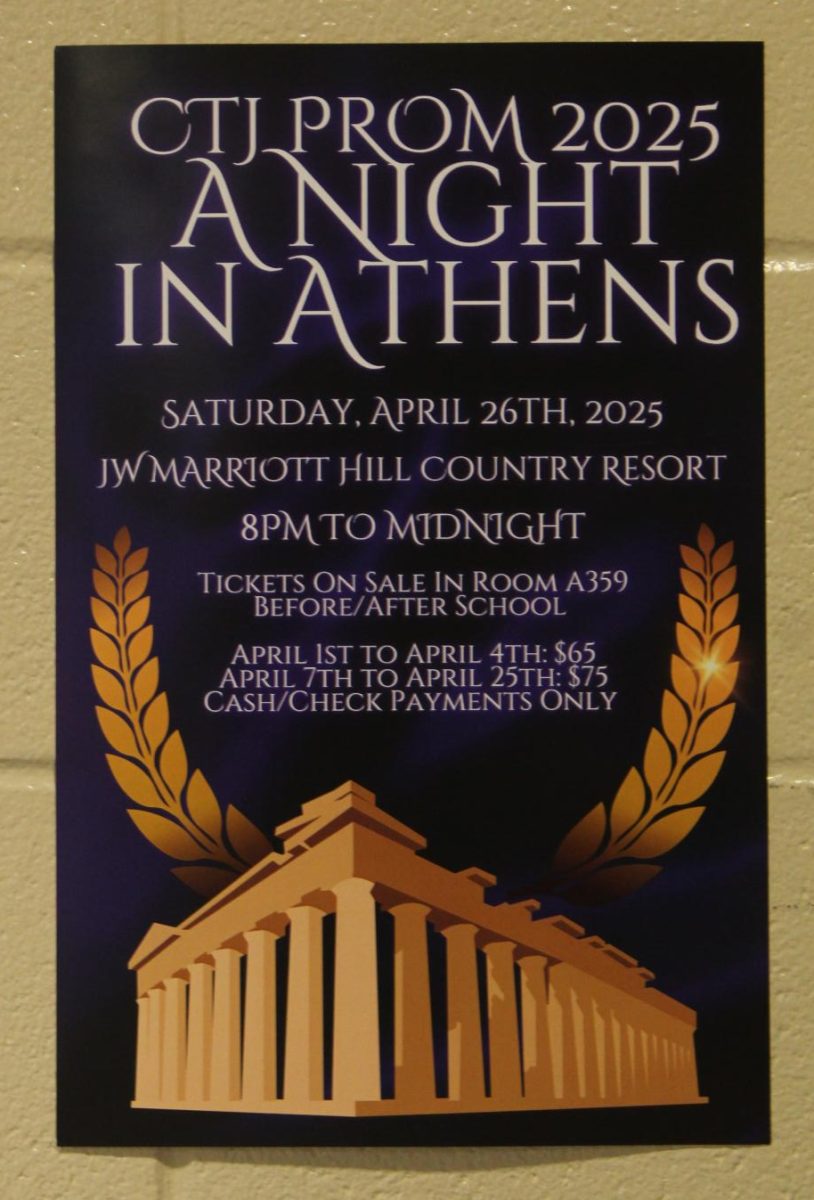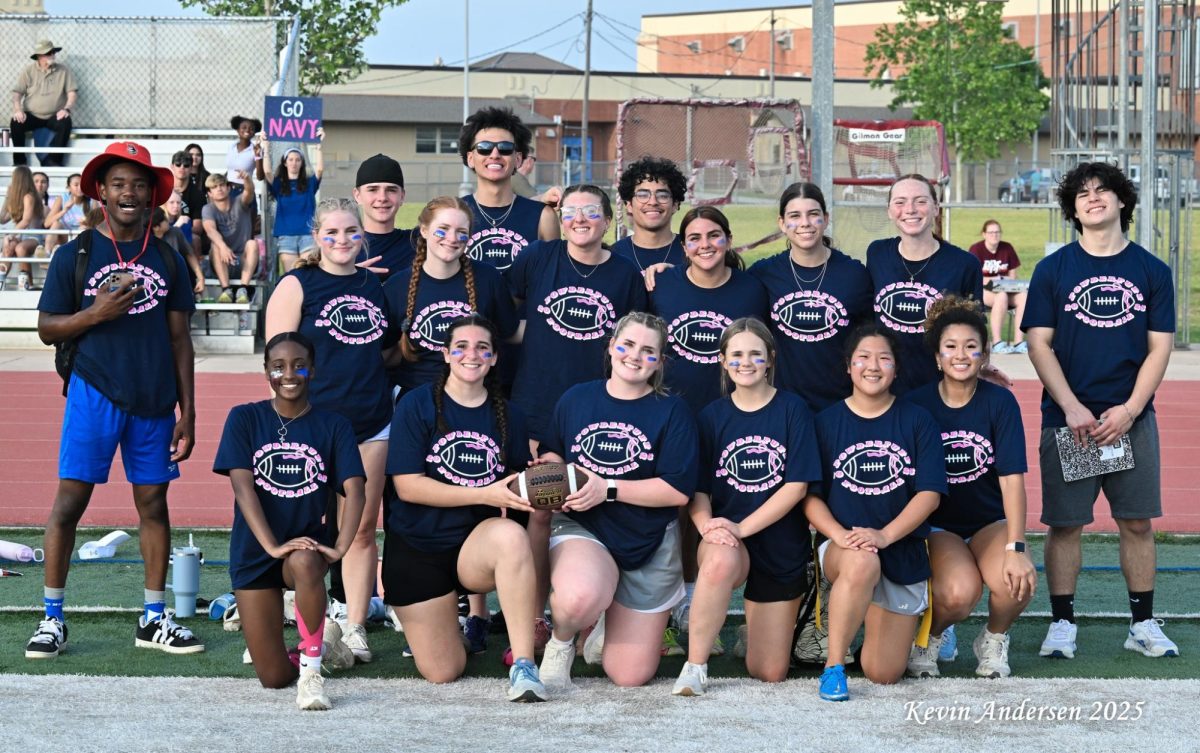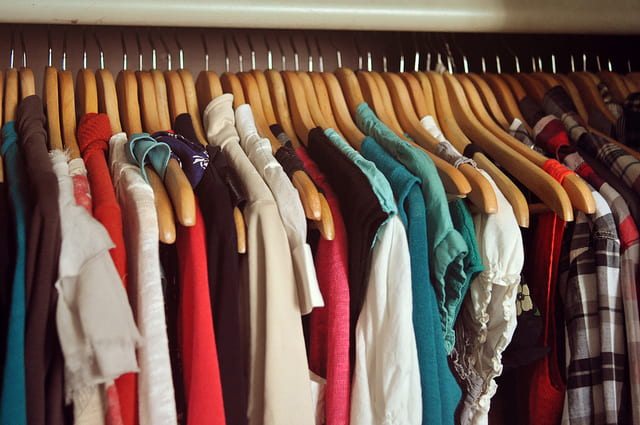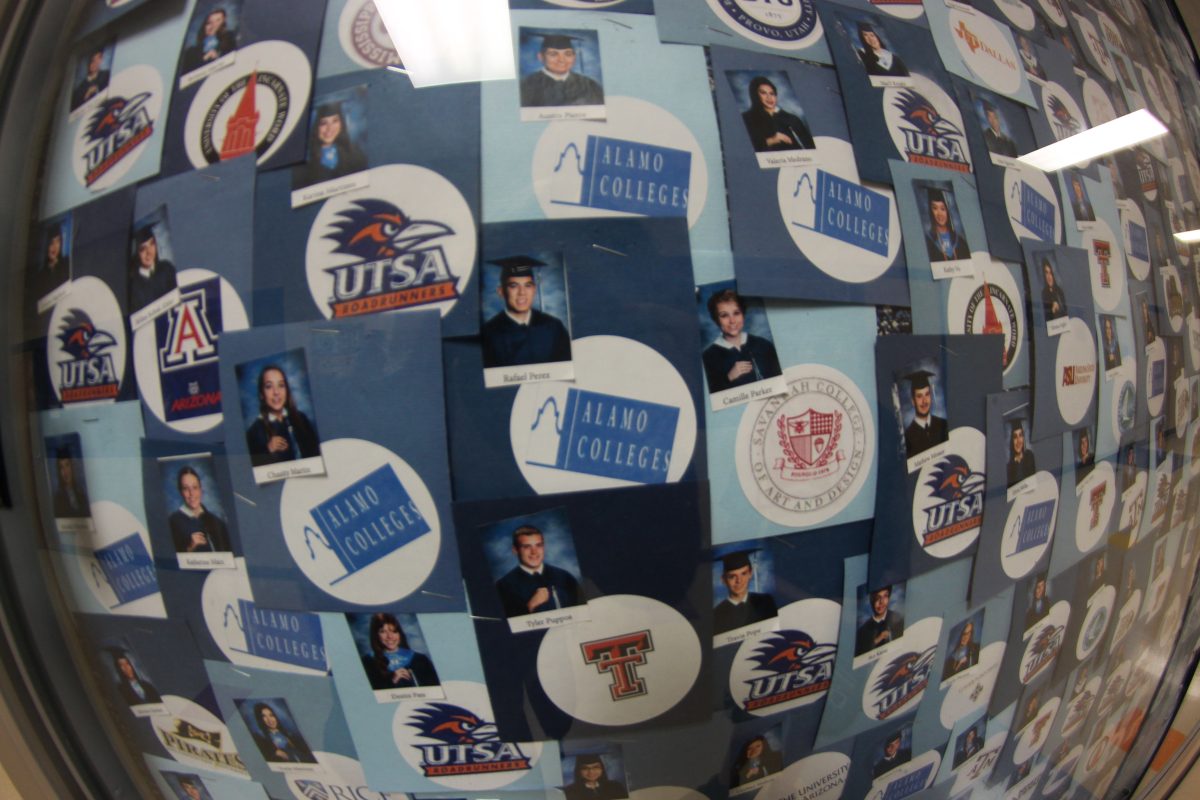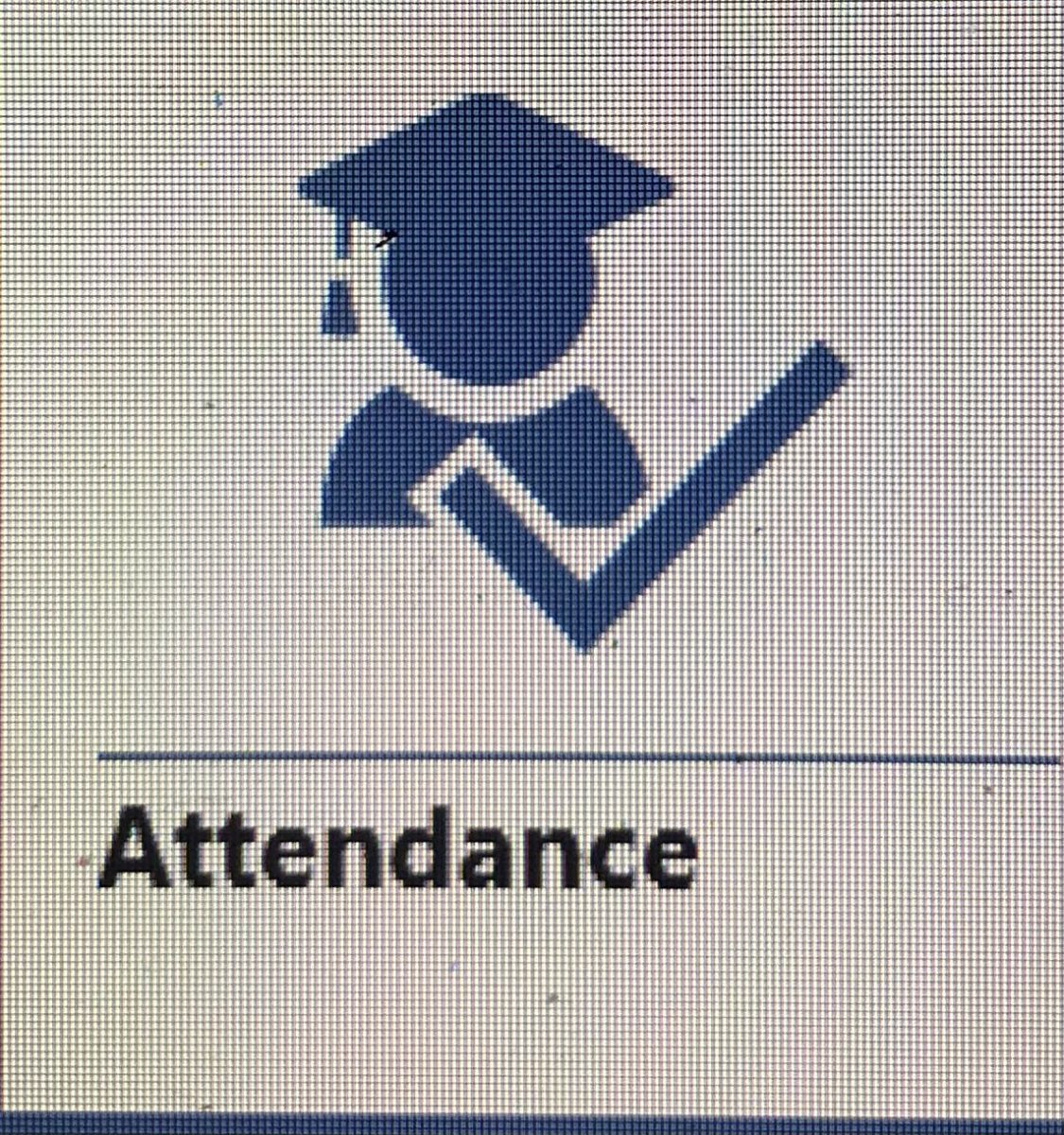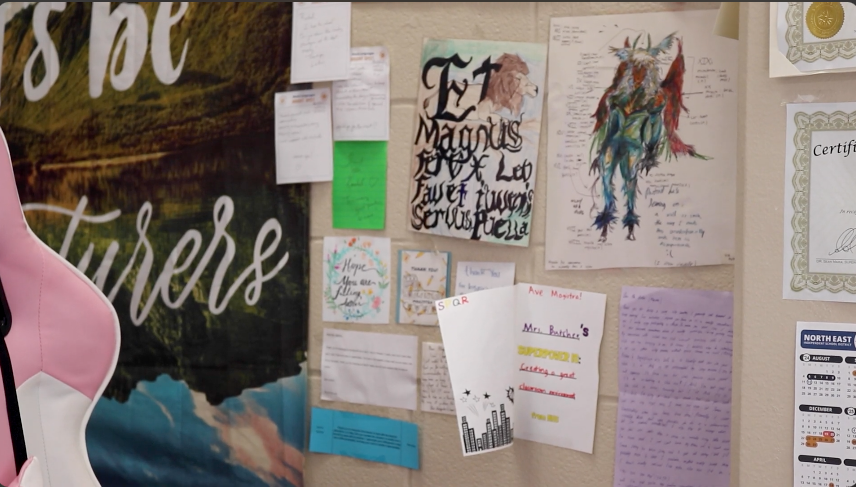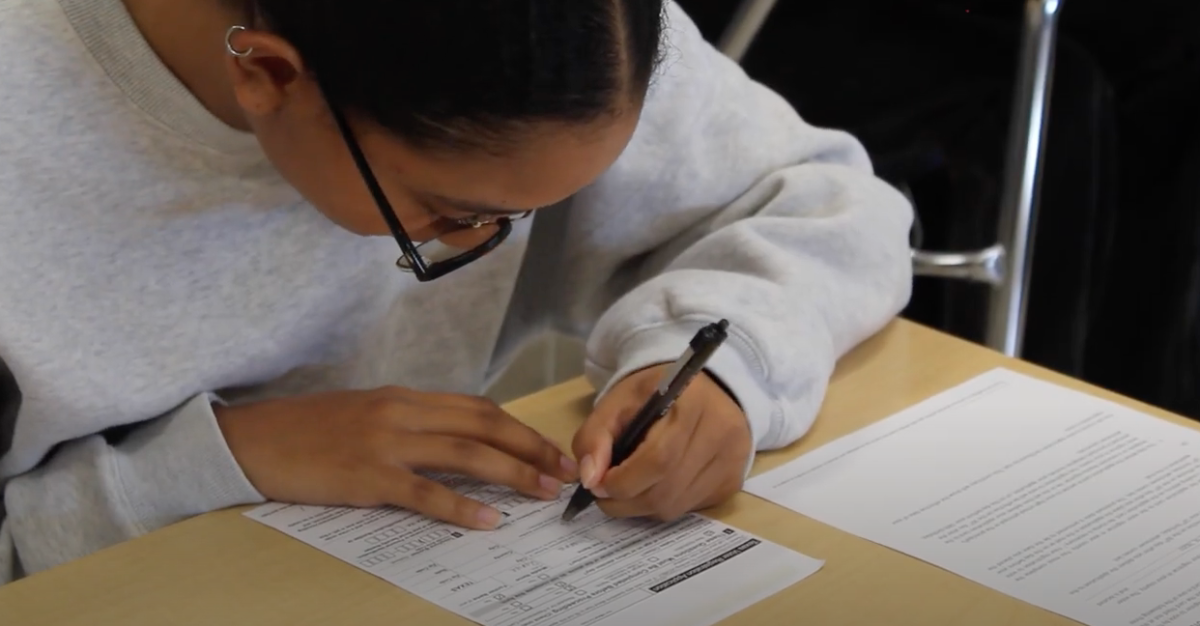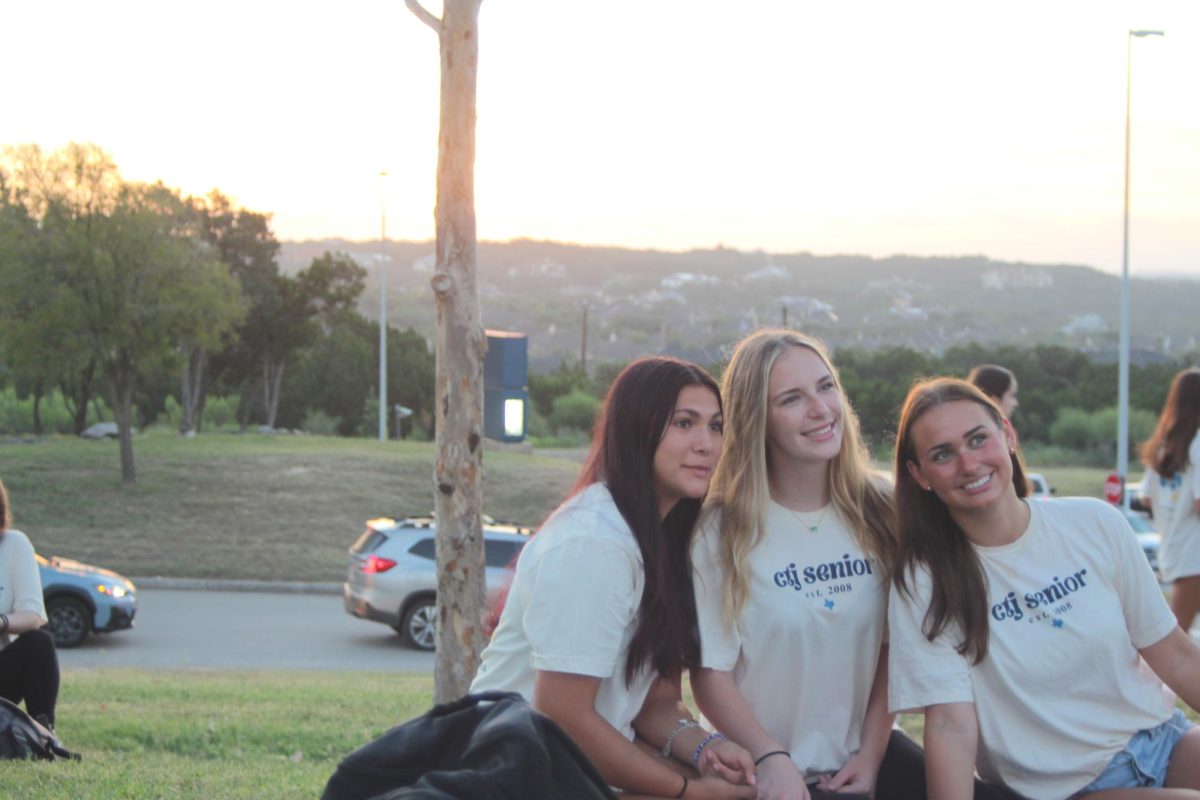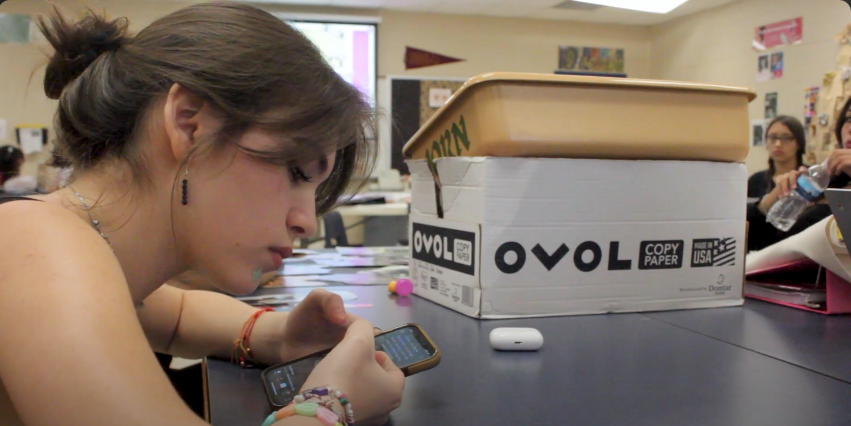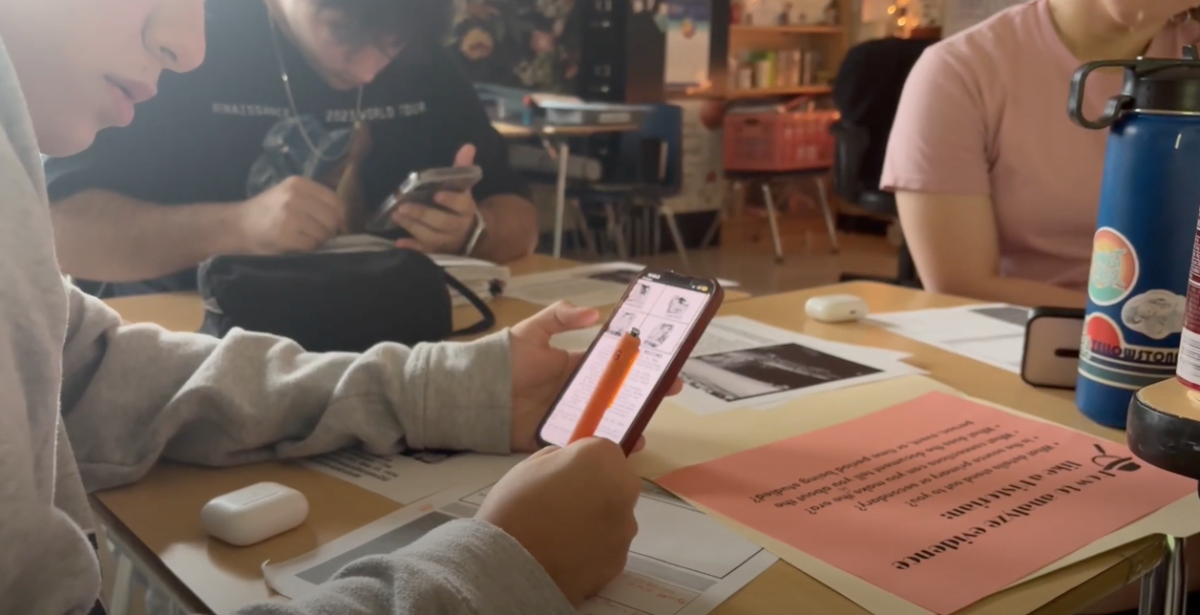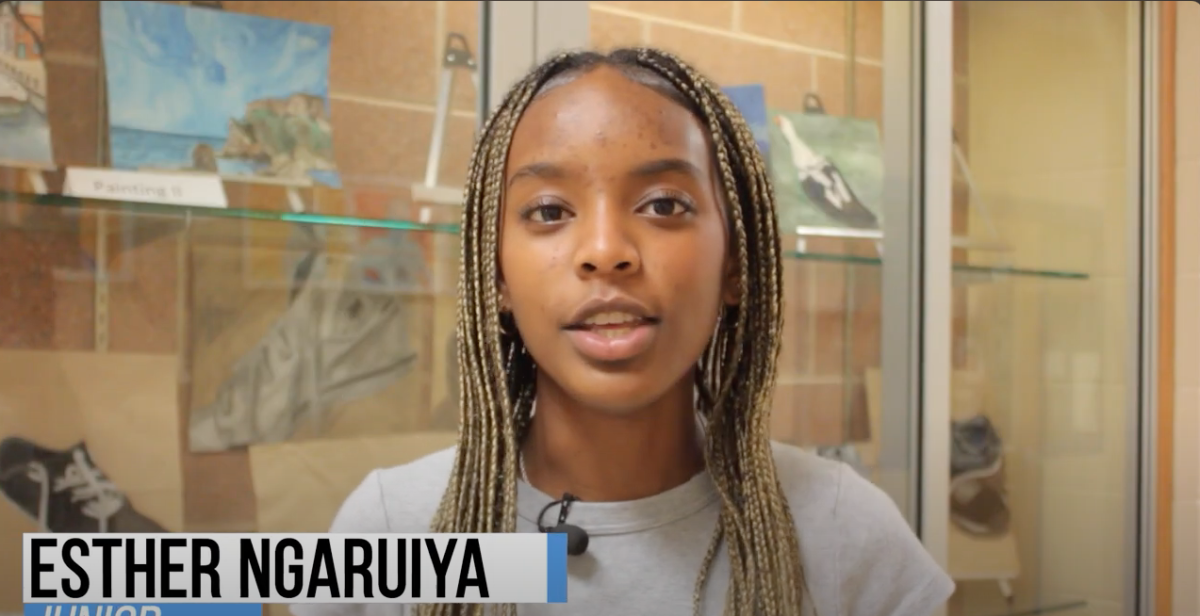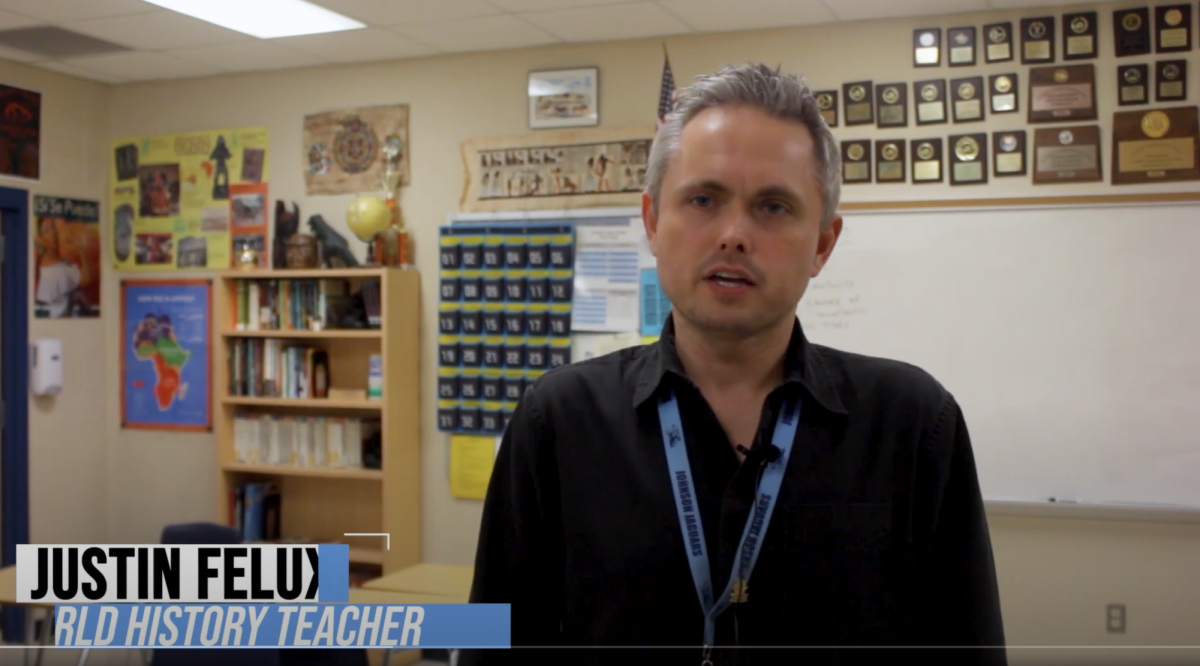by Audrey Payne | copy editor
Students participate in many extracurricular activities, from musical activities to sports to leadership roles like Student Council and more. But how many of those students are involved in extracurricular academics, such as academic UIL?
“We have had a very low participation in most of the events, other than current events,” physics teacher and academics UIL coordinator Leslie Salazar said. “We’ve got a very diverse population here at Johnson so the kids are involved in everything, so getting them or asking them to commit time to come to practices and to study time for something on their own that they’re not getting graded for is a lot to ask of them.”
The current events team is led by world history teacher Justin Felux, and it has had more success with participation levels than other events.
“As of right now, in UIL current events, I would say we have off and on about 25 kids participating, some more actively than others,” Felux said. “We have a lot of kids, and it’s fine for kids to just want to do it casually, but ideally I’d like to have a better pool of more competitive students to choose from.”
The number of students moving on to regionals is not as high it could be, according to Salazar.
“Our entire current events team is going, so that’s four kids from there, um, our girl that did feature writing, she’s going, our entire literary criticism team is going, and then Nader Syed is going for persuasive speaking, and then there are a couple kids from ready writing that will be going. So not very many, but it is what it is,” Salazar said.
However, the current events team all made it to regionals, and Felux is optimistic about their chances at regionals and at state.
“We won first place in district, so we’re pretty strong, and I think we have a good shot at regionals and state. So, I think we’re in a pretty healthy place, as far as

current events. Some of the other UIL events, not so much, but definitely current events is doing well,” Felux said.
Felux believes that more kids have the skills to be successful in academic UIL and/ or current events than the number of people that participate.
“Out of the kids who come to current events meetings, it’s mostly the same kind of, the same social group, the same group of friends. And even within their own little group, there are so many that are really good at it and I think that if I was able to broaden the participation, you know, among grade levels and among just different groups of kids, then there’s definitely a lot more that could be really good at this,” Felux said. “There are a lot of kids who are interested and they watch the news with their parents, their parents play news radio in the car and stuff like that, so. But it never really occurred to them to try to participate in something like this, so it’s just a matter of getting the word out to people.”
In order to recruit students, Felux tests of his students’ current events abilities at the beginning of the year.
“In the beginning of the year, what I’ve actually started doing is giving all of my social studies classes a current events test, just to kind of pick out kids who, on their own, without me having taught them anything extra or coming to any meetings, kind of know stuff on their own. And then, out of those kids who score well on those tests, I talk to them after class, suggest it to them,” Felux said. “We’ve put announcements on Simulcast before. But generally speaking, it’s kind of hard to get kids to come to something without personally pitching it to them and putting them on the spot individually to come and check it out.”
Salazar states that there are benefits to becoming competitive in academic UIL in high school.
“There are a lot of scholarships available if you’re competitive, so. There’s one little girl that’s a freshman that’s already super competitive with the seniors, so by the time she gets to her senior year, she’ll be easily making it to the state competition and there are a lot of opportunities based off of that and it looks really good on a resume,” Salazar said.
Felux believes that students can add a missing feature to their college applications with academic UIL.
“A lot of kids participate in extracurricular events in high school and they’re really interested in padding their college applications. They want to show that they have a broad set of interests and activities that they participated in, and one of the things that’s often lacking, I think, in kids’ extracurricular resumes is something academic,” Felux said. “So kids will often do something like band, or orchestra, or cheer, dance, which are great, but I think that you really want to show colleges that you have a well rounded profile as a student that’s showing that you participated in something extra that was academic in nature as opposed to, you know, music, or dance, or something like that, or a sport. I think that that’s really appealing to colleges, especially the higher tier colleges.”


